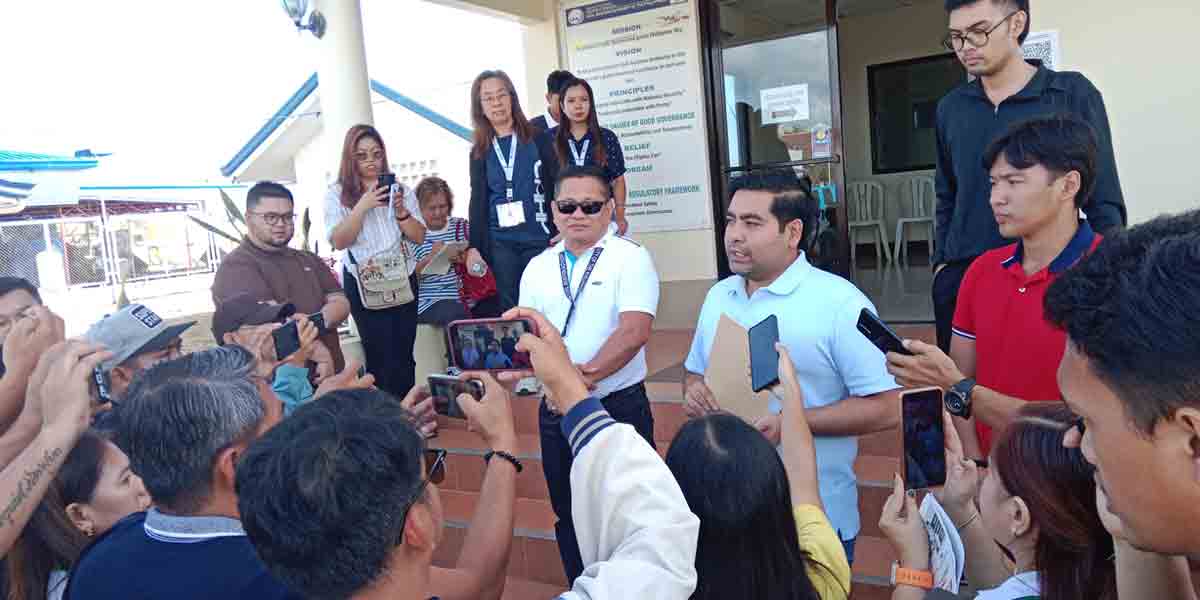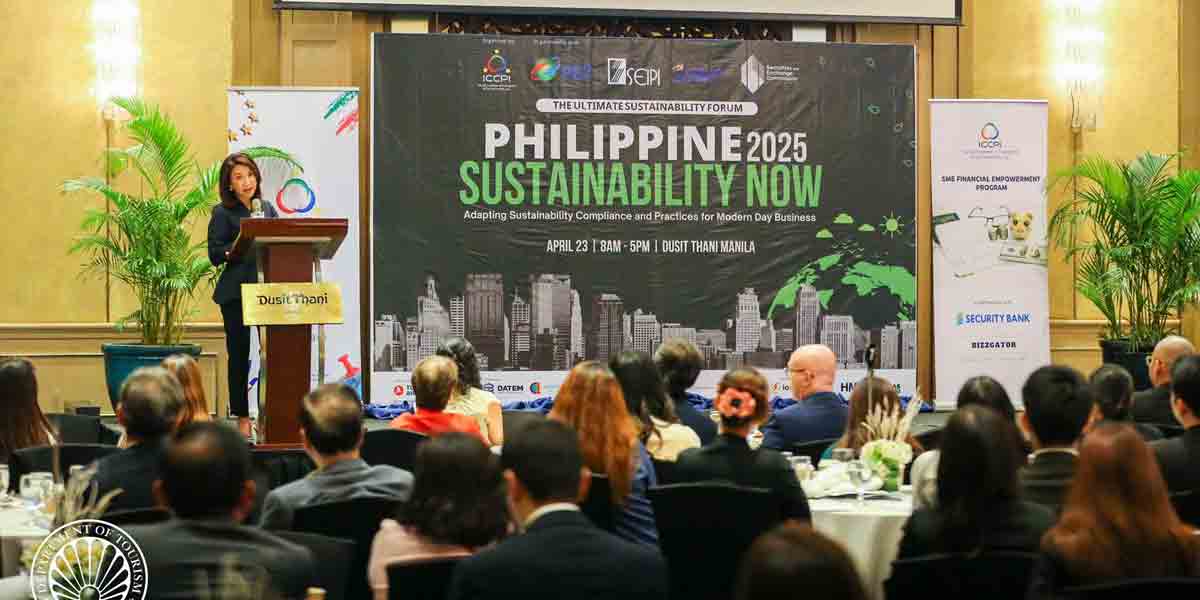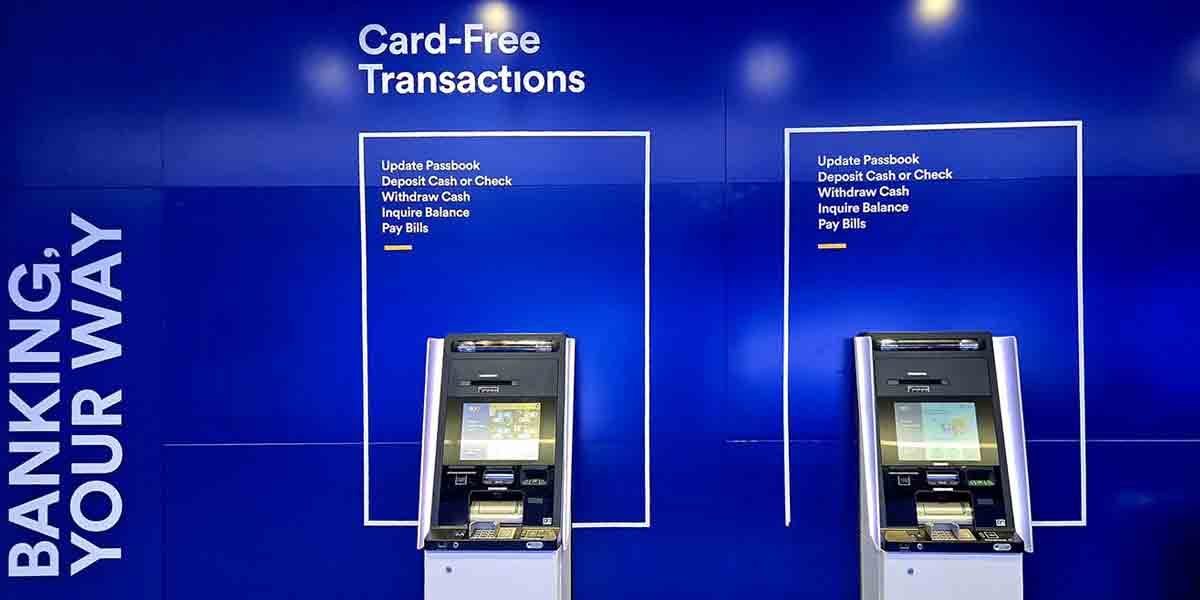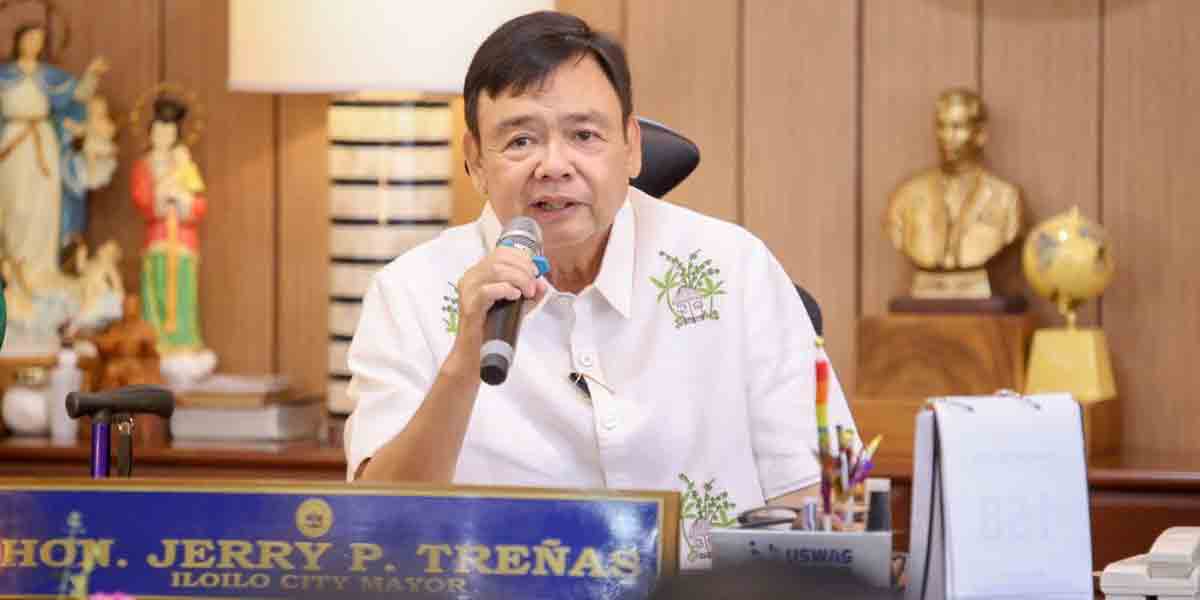By James Jimenez
With the technology being such an inextricable part of the daily lives of nearly every Filipino, it is absolutely necessary for the entire electoral process – not just the voting and counting – to evolve to leverage the benefits of digital advancements. One such advancement is the online publication of certificates of candidacy (COCs) for the 2025 elections.
I heard the idea first from former COMELEC Commissioner – he was part of the pioneering Commission that pushed the country into a new era of election modernity back in 2010 – Gregorio ‘Goyo’ Larrazabal. In a recent interview, he said that posting COCs on the COMELEC website, as well as the websites of news organizations, would give voters time to research the backgrounds of each candidate. I agree. In fact, I think everyone would agree. Both the media and the voters have – for as long as I can remember – always asked for this information to be more easily accessible. This move would unquestionably enhance transparency, voter engagement, and trust in the electoral system.
Enhanced Transparency and Accountability
Of course making COC’s online will allow every voter to have access to vital information and all that. Sure. But it goes deeper than that. Making COCs available online ensures that the electorate isn’t just some passive spectator. Each and every voter, armed with this information, will now be on the alert for unqualified wannabee candidates trying to slip in under the COMELEC’s radar. If we’re lucky, this will make life harder for foreign nationals and other ineligible persons planning to subvert our election laws.
And most importantly, with published COCs, there would be no question about who was running – a more salient question than you would think, given that at least one city mayor’s strategy for winning in previous elections was to gaslight his voters that he was running unopposed. With published COCs, regular voters could fact-check such claims for themselves!
Increased Voter Engagement
With easy access to candidate information, there is a correspondingly greater likelihood that voters will be more meaningfully engaged in the electoral process. With online COCs providing detailed biographies, policy positions, and other relevant data, voters will be better equipped – and therefore more likely – to participate actively in discussions and debates.
This will also, hopefully, encourage the media to dive deeper into the campaign promises and claims of these candidates. Presently, you’d be hard pressed to find a news report that demands candidates show the math, so to speak, behind their promises of free education or free medicines, or to show statistics that back up their claims of an impending collapse of Philippine society unless they get elected.
Now that COMELEC has officially announced that it will go this route, it is necessary to address the potential security risks associated with this strategy and to implement effective mitigation strategies.
Security risks and what we can do about them
Despite all the many advantages, publishing COCs online comes with potential security risks. So, if we want this strategy to have a prayer of working, it is absolutely essential that robust mitigation measures be in place before even the first COC is filed.
The first risk that comes to mind is that hackers could potentially access the COMELEC website – it’s been done before – and alter candidate information. This will lead to serious misinformation and will bring trust in the system come crashing down. In order to protect against this, COMELEC must implement strong encryption protocols and multi-factor authentication to protect candidate data. In addition, the indispensability of regular security audits and penetration testing cannot be overemphasized.
In the same vein, unauthorized individuals and other bad actors can impersonate candidates and submit false information. Here, digital signatures and blockchain technology can be leveraged to guarantee the authenticity of COCs. COMELEC might also want to seriously consider using biometric technology – already being used for registration, remember? – to ensure that only legitimate candidates can submit information.
With robust firewalls, active intrusion detection systems and anti-DDoS (Distributed Denial of Service) software protecting the online platform from such attacks, the COMELEC can ensure that the website stays up and running. Load balancing and redundant servers will come into play when usage of the site ramps up as the elections approach, so COMELEC has to be geared up for that as well.
COMELEC should also be ready for privacy violations. It should limit the amount of personal data published online to what is strictly necessary for the electoral process. This may seem like a no-brainer, but when you take into consideration that the information being published – the COC – is actually separately prepared by thousands of individual candidates, you’ll begin to get an idea of how challenging this actually is. In order to get ahead of the problem, COMELEC should undertake a review of the COC form, with an emphasis on compliance with data protection laws, as well as providing guidance to candidates on what information will be publicly accessible.
In similar fashion, COMELEC should collaborate with social media companies and fact-checking organizations to monitor and quickly address the emergence and spread of misinformation. Steps should be taken to educate the public on how to identify and report on false information and on the many fake websites that’s sure to pop-up pretending to be the actual COMELEC website.
Chutzpah
Ever since 2010, when it bravely ushered in automated elections against conventional wisdom – and ended up turning conventional wisdom on its head – the COMELEC has been at the forefront of mainstreaming digital communications technology into election administration. But after those heady days, the COMELEC’s progress in this field has been mostly incremental. Most likely hampered by the lack of a legislated framework for the use of the internet and digital communications tech for elections purposes, the COMELEC has had to content itself with small improvements here and there, in how things are done. For the most part, however, more than 75% of the entire electoral process – from voter registration to voting, from voter education to candidate management – remains mired in decades-old procedures that either no longer work or are no longer responsive to the needs of a modern and digitally-savvy electorate.
With the posting of COCs online, however, the COMELEC is being audacious once again, and is poised to drag the elections even further into the modern age, despite the expected protestations from those of limited vision. Here is a significant opportunity to enhance transparency, voter engagement, and accountability in the electoral process, simply waiting to be grabbed. Admittedly, there are security risks associated with this move, but what truly matters is that these risks can be effectively mitigated through the implementation of robust security measures, a little foresight, and a lot of chutzpah.






















